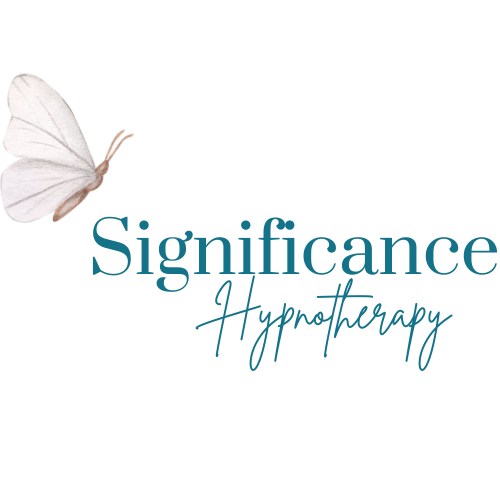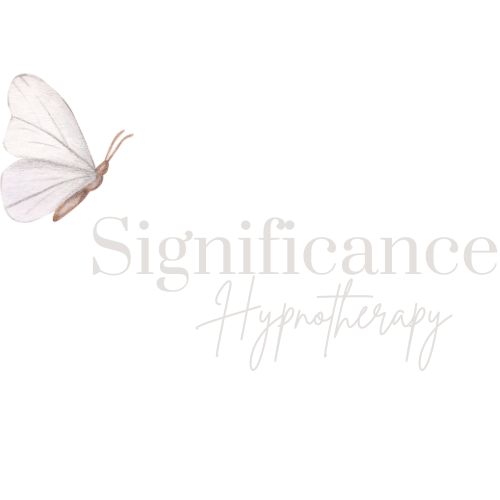Renewed Light: Ease Depression, Uplift Mood Hypnosis
“Renewed Light” is an uplifting guided hypnosis recording crafted to support anyone facing mild to moderate depression. With its calming narration, gentle theta brainwave sounds, and empowering affirmations, this program is here to help you reconnect with your emotional balance, rebuild your confidence, and rediscover a profound sense of peace. The aim is to foster a secure sense of self and reawaken your connection to what truly matters in life, inspired by Dr. Julie Smith’s insightful advice from *Why Has Nobody Told Me This Before?*
This incredible self-care tool works best when combined with professional support, especially in more challenging situations. It’s essential to seek guidance from a healthcare professional, particularly in severe cases or when experiencing thoughts of self-harm. Embrace the journey towards healing and brighter days ahead!
Understanding Low Mood & Depression:
Low mood often comes from unmet needs—not a “broken brain.” We can influence our emotional state through our thoughts, body sensations, and actions. These aspects—thoughts, feelings, body, behaviour—interact in feedback loops. Noticing and mapping them helps to identify and break negative cycles.
Feeling low often triggers a desire for quick fixes—like excessive scrolling, overeating, or substances—which may provide temporary relief but usually deepen the low mood afterwards. This creates a vicious cycle of fleeting relief followed by worsening feelings.
Common thought patterns during low mood include: Mind‑reading (assuming others think negatively of you), and overgeneralization (one bad moment equals a whole day or life ruined). Recognizing these biases allows you to challenge them.
Small, purposeful activities (behavioural activation) can help shift mood over time—especially when basic self-care (sleep, movement, nutrition) is prioritized. Thought restructuring involves challenging and reframing unhelpful beliefs to gain perspective and emotional distance. Moving from perfectionism to “good-enough” progress—small, actionable steps build motivation and a sense of identity over time. Social connection is key—trustworthy relationships provide grounding, security, and emotional resilience.
Evidence-Based Effectiveness:
A recent meta-analysis of 13 controlled trials found that individuals receiving hypnosis showed greater depression symptom reduction than about 76% of control participants by treatment end, and 51% at follow-up—effect sizes comparable to CBT and interpersonal therapy.
In one randomized controlled study, cognitive hypnotherapy (CBT + hypnosis) led to greater reductions in depression, anxiety, and hopelessness than CBT alone—differences persisted at 6- and 12-month follow-ups.
Hypnosis offers a multifaceted approach to addressing depression by targeting various aspects of mental and emotional health. One of the primary ways it helps is by reframing and weakening negative thought cycles. During sessions, individuals enter a state of deep relaxation combined with heightened focus, which allows the subconscious mind to absorb positive suggestions. This process aids in shifting beliefs and reducing the repetitive, ruminative thinking that often fuels feelings of depression.
Additionally, hypnosis calms the nervous system and reduces stress. By inducing a relaxed, trance-like state, it minimizes the body's fight-or-flight response, effectively alleviating emotional triggers and physical tension that can lead to depressive moods. This calming effect plays a crucial role in preventing the cycling back into depressive states.
Moreover, hypnosis supports behavioural activation. Through the use of guided imagery and internal rehearsal, sessions can enhance motivation and help individuals envision engaging in activities that boost their mood, such as socializing, exercising, and practicing good sleep hygiene.
Another significant benefit of hypnosis is its ability to build emotional resilience and self-worth. By incorporating suggestive statements, hypnosis helps rebuild inner confidence and self-esteem, fostering a sense of agency that counteracts the inertia often associated with depression.
Finally, hypnosis shines when integrated into a holistic treatment plan. It works particularly well alongside cognitive-behavioural therapy (CBT) or other therapeutic approaches by maximizing engagement, improving emotional flexibility, and supporting sustained progress on the journey to recovery.
Hypnosis serves as a clinically supported approach to alleviating symptoms of depression, demonstrating effects comparable to those of traditional therapy methods. This technique functions by facilitating a profound state of mental relaxation, which helps to reframe and restructure negative thought patterns. Additionally, hypnosis can enhance motivation and self-worth, while also aiding in the process of changing habits.
For optimal results, it is most effective when incorporated into a comprehensive care plan that includes therapy, lifestyle modifications, and, if necessary, medication. It is important to pursue hypnosis under the guidance of qualified professionals, particularly for individuals grappling with severe symptoms or complex mental health challenges.
Disclaimer: Not a substitute for therapy—Ideal as a supplement, especially alongside other forms of treatment. This audio recording is intended for personal relaxation, mindfulness, and self-development only. I am not a licensed physician or therapist. Do not use this while driving or operating machinery. Results may vary. If you have a diagnosed mental health issue (e.g. schizophrenia, epilepsy, severe PTSD, suicidal thoughts), or are pregnant or under medical care, please consult a healthcare provider first. Use is entirely at your own risk.










